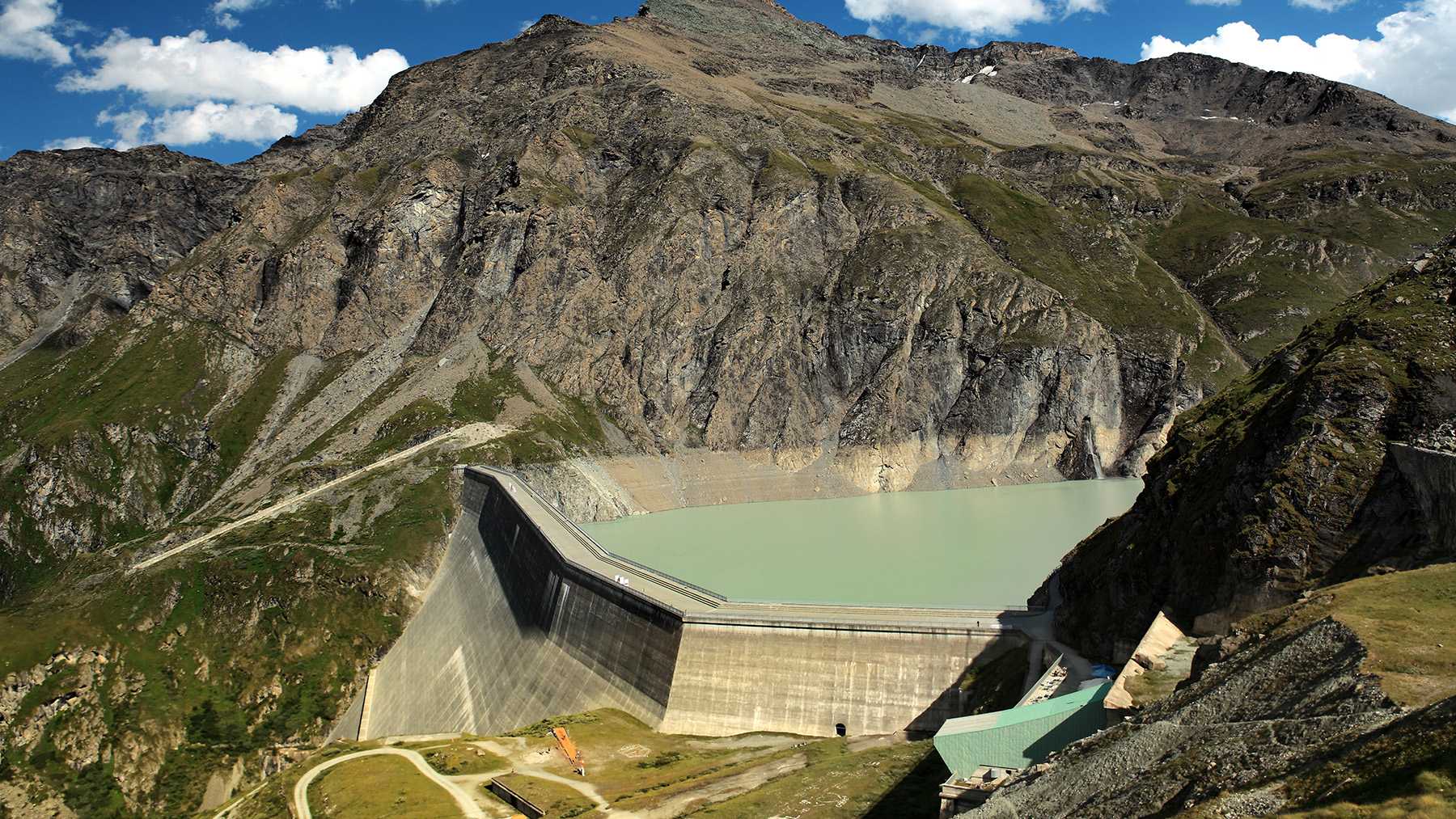Environment & Resources

Understanding life on Earth—its origins, prevalence, and interactions with the environment—is essential for addressing the most pressing questions and challenges humanity faces today and will encounter in the future. To effectively tackle the interconnected global crises impacting the Earth systems, we must recognize and respect planetary boundaries, promote the responsible use of both biotic and abiotic resources, and the value of exploring the fundamental biological questions that illuminates the complexities of the natural world. Addressing the challenges of our planet also calls for expanding our perspective beyond Earth, deepening our understanding of planetary systems, and exploring the broader Universe to gain insights that can guide our stewardship of Earth.
We distinguish between four impact areas:
The Paris Climate Agreement commits nations to stabilizing global warming at no more than 1.5 degree Celsius above preindustrial levels. Achieving this goal requires the development and deployment of climate-compatible systems that provide zero-carbon, reliable and cost-effective energy. New materials and rare earth elements will play a fundamental role in enabling more efficient energy conversion from different sources, as well as a more sustainable energy supply based on high-capacity and environmentally friendly storage systems. Equally important is the need to develop innovative methods for controlling and operating fully integrated energy systems, as well as designing incentives to foster innovation and accelerate deployment.
Humanity and the global economy are deeply dependent on natural systems which provide clean water, fresh food, raw materials, energy etc. However, ecosystems and resources continue to be under high pressure worldwide due to overexploitation, unsustainable extraction and destructive human activities. The global community must find technological and non-technological ways for a more sustainable and regenerative use of ecosystems and resources to protect nature and to secure the livelihoods and well-being of future generations. We need a comprehensive social and ecological transformation, including the shift of production and consumption incentives, for nature to continue to provide vital resources for current and future generations.
Today, more than half of the world’s population live in urban areas, and the trend of increasing urbanization is expected to continue. Planning, designing, building, and developing settlement systems using state-of-the-art manufacturing, engineering, resource-efficient approaches, and construction methods is essential. Rural areas, with their unique and often complementary assets and resources, are intrinsically linked with urban areas, and fostering better integration between them is important for socio-economic performance and stability. Addressing mobility - by land, water, or air - within and between urban and rural areas is key to creating efficient transport and supply systems while protecting the environment and achieving climate goals. Powering vehicles of all types with renewable energy is vital. This is accompanied with associated challenges such as advancing battery technology and developing sustainable recycling solutions for critical materials like lithium.
Billions of people are affected by hunger and malnutrition, often in regions disproportionately affected by climate change, biodiversity loss, conflict, and economic instability. Ensuring these communities have safe and reliable access to nutritious food and clean water requires food production and distribution systems to align in harmony with the needs of both nature and society. Agricultural and food systems are deeply intertwined with global challenges from hunger and economic instability to soil degradation, deforestation and water scarcity. They are also the world’s second largest emitter of greenhouse gases after the energy sector. Therefore, developing climate-smart and regenerative agricultural and food systems is essential in the effort to achieve net-zero greenhouse gas emissions and foster nature-positive results ensuring resilience and sustainability for future generations.
Interdisciplinary Excellence at ETH Zurich
ETH Zurich fosters interdisciplinary collaboration through its Centres and Technology Platforms. These units bring together experts across fields, often in partnership with external organizations, to advance research, provide scientific services, and support innovative education.